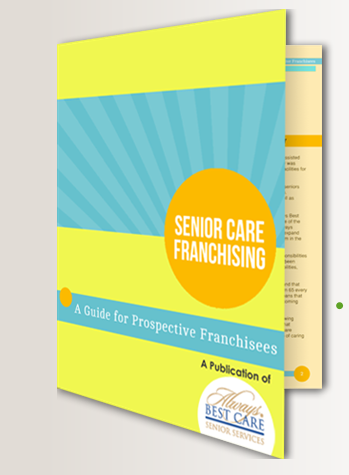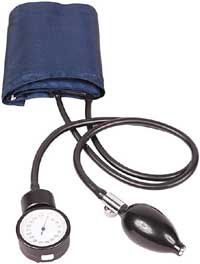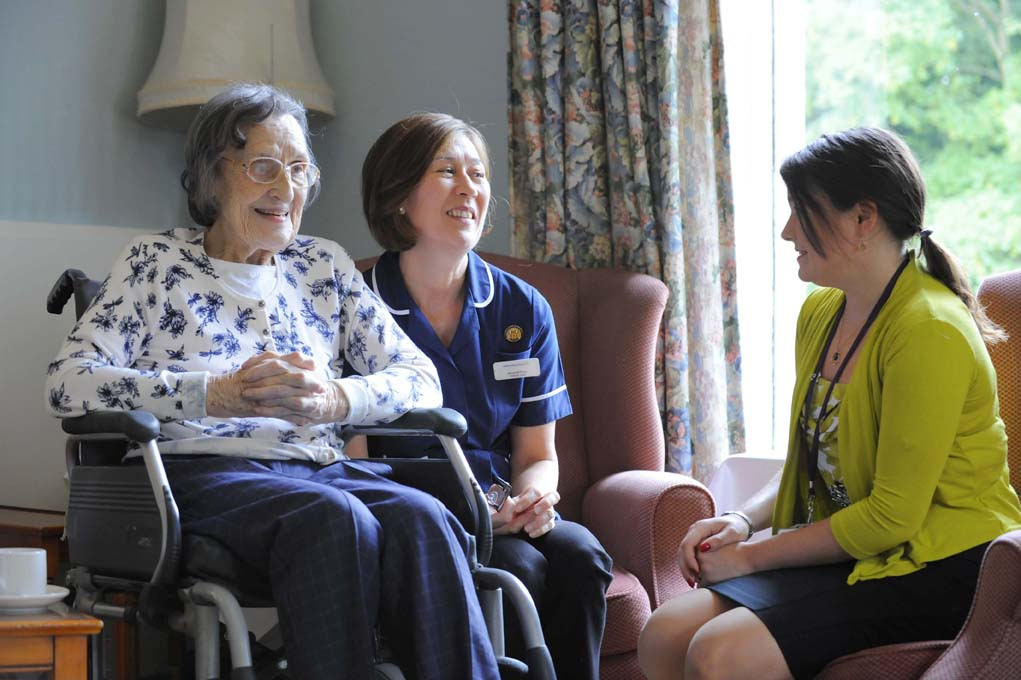The staff at assisted living facilities can go a long way in helping make the holiday season a fun and pleasurable event for residents. Feeling a sense of home is important to residents whose lives in assisted living facilities are likely very different than when they were at home, and the holidays can help spark feelings of warmth, family and tradition.
Familiar Items Can Bring Comfort and Good Cheer
Despite memory problems associated with Alzheimer’s and dementia, patients with these conditions often remember events deep in their pasts with surprising clarity.
Decorating a resident’s room with treasured Christmas ornaments or other holiday memorabilia with the help of the resident’s family members can create a sense of familiarity and bring comfort during the holiday season. It is important to keep in mind, however, that change can be disconcerting or disorienting for some with dementia, so the resident’s wishes must be respected when it comes to decorating or moving things around the room.
Deck the Halls
Decorating the facility, playing holiday music and holding social gatherings for residents during the holiday season can help create a festive, lively atmosphere. You may be questioning whether it’s worth the effort, considering many residents may not be aware of the season, but it’s important to note that while the short-term memories of patients with dementia can be fleeting, it’s difficult to know with certainty what they may be picking up on and what events they may remember.
People with dementia can teach us a lesson about living in the present moment. While it may be forgotten tomorrow, if a holiday song or social gathering brings a resident pleasure, the effort put into creating those special moments is fully worthwhile.
Always Best Care is among the leading senior franchises and providers of in-home care and assisted living services in the nation. Learn more about becoming a franchisee and helping seniors on our website, www.www.alwaysbestcare.com/franchising.
To learn more about the franchising in the senior care industry, download our FREE eBook today!
Please refer to our most recent Franchise Disclosure Document for important details.



























